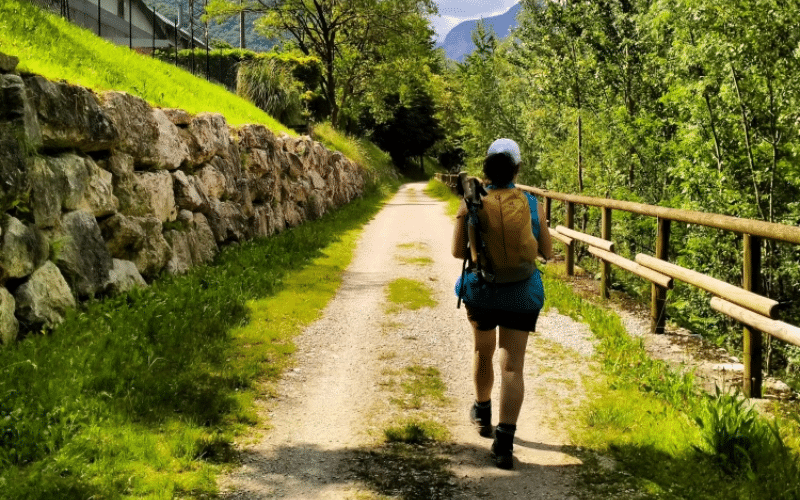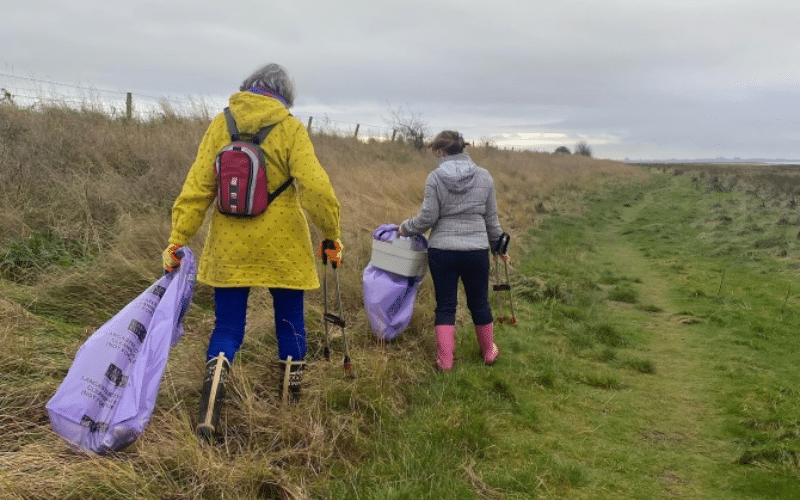
Hiking is a beloved outdoor activity that allows individuals to immerse themselves in the beauty of nature, challenge their physical limits, and discover breathtaking landscapes. For those who are new to hiking, it is crucial to be well-prepared and knowledgeable to ensure a safe and enjoyable experience. In this article, we will explore five essential hiking tips for newcomers to help them embark on their hiking adventures with confidence.
HikingTips for Beginners
1. Research and Plan Ahead

Before setting foot on a hiking trail, it is essential to conduct thorough research and plan your journey in advance. Start by selecting a trail that suits your fitness level and experience. Consider factors such as trail difficulty, distance, and elevation gain. Online forums, hiking guidebooks, and local hiking clubs can provide valuable insights and recommendations. By researching and planning ahead, newcomers can choose a trail that aligns with their abilities and allows for a gradual progression in hiking skills. When researching, take note of any permits, rules, or regulations associated with the chosen trail. Familiarize yourself with the area’s weather conditions, including seasonal changes, temperature variations, and potential hazards. This information will help you pack the right gear and make necessary preparations.
2. Pack the Essentials

Packing the right gear and essentials is crucial for a successful hiking trip. Start with investing in a pair of sturdy and comfortable hiking boots. They will provide the necessary support and protection for your feet on rugged terrains. When it comes to the backpack, opt for a lightweight and durable one that fits comfortably on your back. Pack essential items such as a trail map, compass, and a reliable GPS device to navigate your way. Carry a well-stocked first-aid kit to handle any minor injuries or medical emergencies. Don’t forget to pack energy-rich snacks or lightweight meals to fuel your body during the hike. Nuts, granola bars, and dried fruits are excellent options. Lastly, bring a headlamp or flashlight, a whistle, and a multi-tool for added safety and convenience.
3. Start with Shorter Trails

For newcomers, it is wise to start with shorter and less challenging trails. Gradually build your hiking skills, stamina, and endurance before attempting longer and more difficult hikes. Starting small allows your body to acclimate to the physical demands of hiking, reducing the risk of injuries or exhaustion. Choose trails with moderate elevation gain and well-defined paths. These trails will help you gain confidence in navigating different terrains while enjoying the beauty of nature. As you gain experience and fitness, you can gradually progress to longer and more strenuous hikes. Remember, hiking is not a competition but an opportunity to connect with nature and enjoy the journey.
4. Don’t Leave Any Traces

Respecting the environment and practicing Leave No Trace principles is essential for all hikers, including newcomers. Leave No Trace is a set of guidelines that aim to minimize our impact on natural spaces and preserve their beauty for future generations. First and foremost, always stay on designated trails to protect fragile ecosystems and avoid damaging vegetation. Dispose of trash properly by carrying out all waste, including food scraps and biodegradable items. Minimize campfire impacts by using established fire rings or stoves and adhering to local regulations. Respect wildlife by observing them from a distance and not disturbing their natural behaviors. Be mindful of noise levels to avoid disturbing the tranquility of the surroundings.
5. Hike with Others

Hiking with a group or a partner is highly recommended, especially for newcomers. Not only does it enhance safety, but it also provides an opportunity for shared experiences, camaraderie, and mutual support along the trail. Hiking with more experienced individuals can offer valuable guidance, knowledge, and assistance when needed. Before heading out, inform someone you trust about your hiking plans, including the chosen trail, expected duration, and estimated return time. This information ensures that someone knows your whereabouts and can take appropriate action if needed. It’s always better to be safe than sorry, and having someone aware of your plans adds an extra layer of security.
Bottom Line
In conclusion, hiking is a rewarding and exhilarating activity that allows newcomers to explore the wonders of nature. By conducting thorough research, packing the right gear, starting with manageable trails, practicing Leave No Trace principles, and hiking with others, newcomers can set themselves up for an enjoyable and safe hiking experience. Remember, each step is an opportunity to connect with nature and create lasting memories. Happy hiking!
